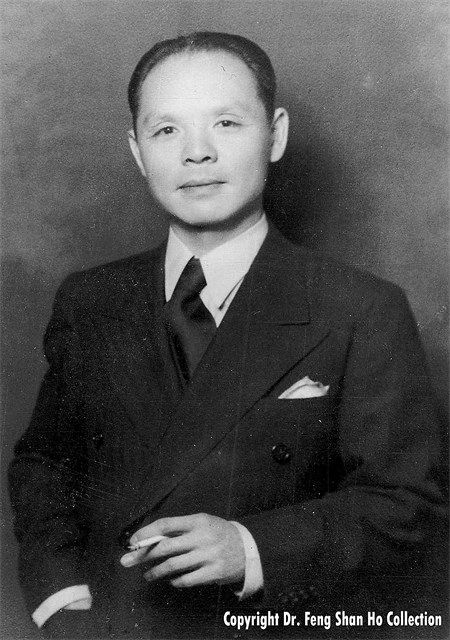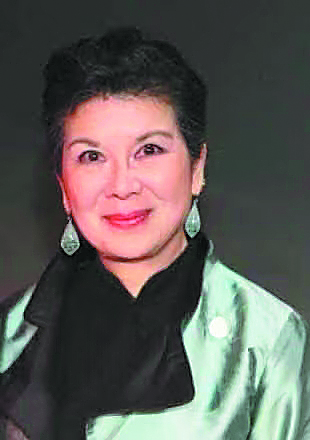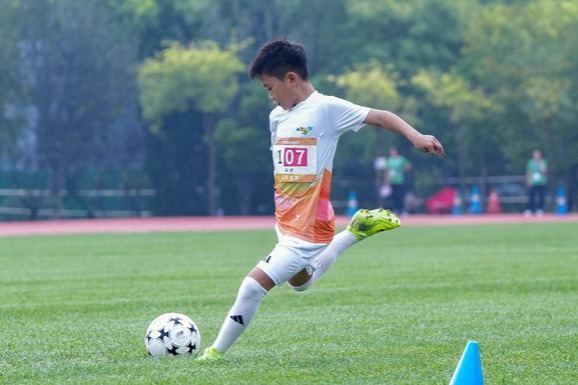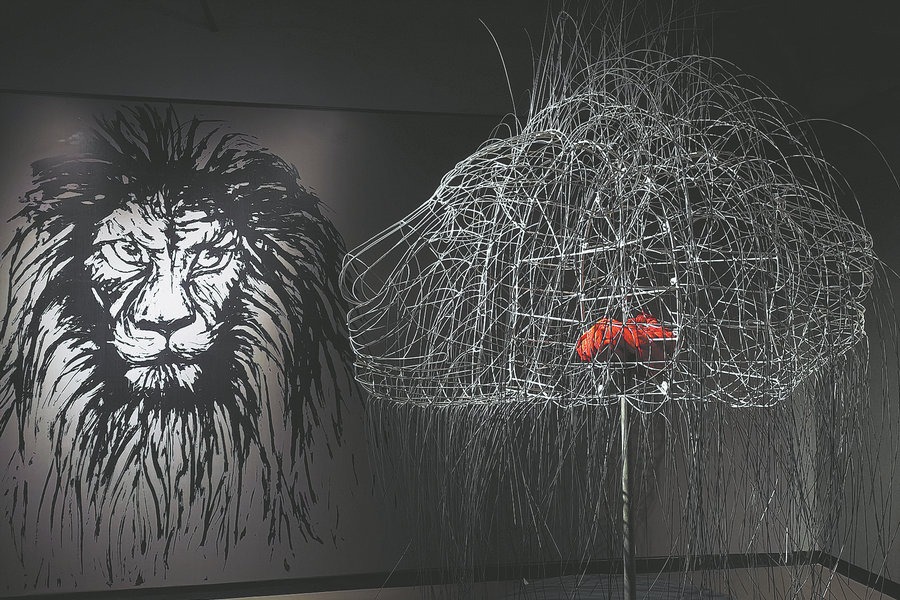How Shanghai became safe harbor for Jews


By making Shanghai a final destination, my father also provided a safety net to Jewish refugees who were unable to obtain his Shanghai visas in Vienna. After the Anschluss and Kristallnacht, word spread rapidly throughout Nazi-occupied territories that in China there existed a port which required no entry papers. This prompted a mass exodus by ship, and later by rail, to Shanghai between 1938 and 1940.
As Evelyn Pike Rubin, a survivor, wrote in 2007: "I am from Breslau (today's Wroclaw, Poland), and all I can remember is that my parents seem to have heard about Shanghai from the Austrian Jews who needed to leave right after the Anschluss. I guess someone in Austria heard about Shanghai being an 'open city' and the word spread and also got to us in Germany."
The majority of the 18,000 Jewish refugees who ended up in Shanghai were from Germany. Only 5,000-6,000 were from Austria. Most of the Austrian Jews who were able to obtain visas from my father's consulate used them as a means to escape elsewhere. The last group of refugees were 300-400 Polish Jews, the entire Mir Yeshiva (a traditional Jewish religious educational institution), who had fled to Kobe, Japan, but were deported by the Japanese to Shanghai in 1941.

The second major obstacle my father faced was from his home government. The Nationalist government had had long-standing economic and diplomatic relations with Germany. But by 1938, Hitler had begun to turn to Germany's soon-to-be ally, Japan. Desperate to salvage deteriorating diplomatic relations with Germany, Chen Chieh, the new Chinese ambassador to Berlin, ordered my father to desist from issuing visas to Jews. My father disobeyed.
On April 8, 1939, roughly a year after he began issuing visas, my father was punished with a demerit for disobeying orders. Just prior to that, the consulate building at 3 Beethoven Platz was confiscated by the Nazis. The Nationalist government not only did not protest this breach of diplomatic extraterritoriality but refused to give my father funds to relocate. My father moved the consulate to much smaller quarters around the corner at 22 Johannesgasse and paid all the expenses himself. In February 1940, he was removed from his post and transferred out of Vienna.
The Jews who arrived in Shanghai faced harsh and brutal wartime conditions under Japanese occupation, but survived. None were ever reunited with my father. Until now, most did not even know his name, as my father never sought recognition for his deeds.
This unusual chapter in history serves as a reminder that there is an indelible and direct link between East and West in humanity's shared struggles.
On this 80th anniversary year of victory over fascism, my father's humanitarian deeds can best be remembered not for whom he saved, but simply that they were human lives.
Lao Tzu said: "The sage saves others and abandons none."
Ho Manli, daughter of Ho Feng Shan, did not follow in her father's diplomatic footsteps and instead chose journalism. In 1981, she was one of the foreign editors who worked at China Daily on its launch, and also at China Daily US edition on its launch. For the past two decades, she has been uncovering and documenting the history of her father's wartime heroism and is working on a book.




































